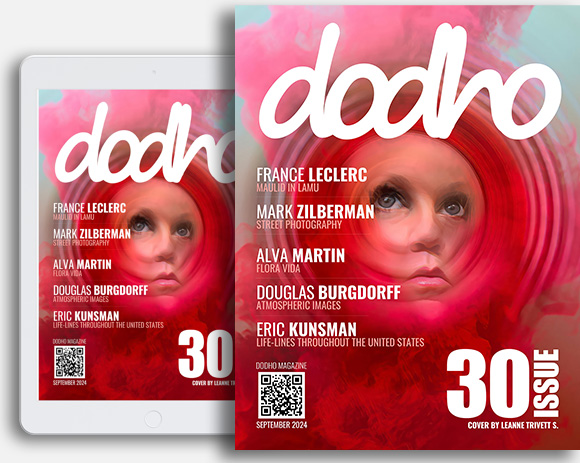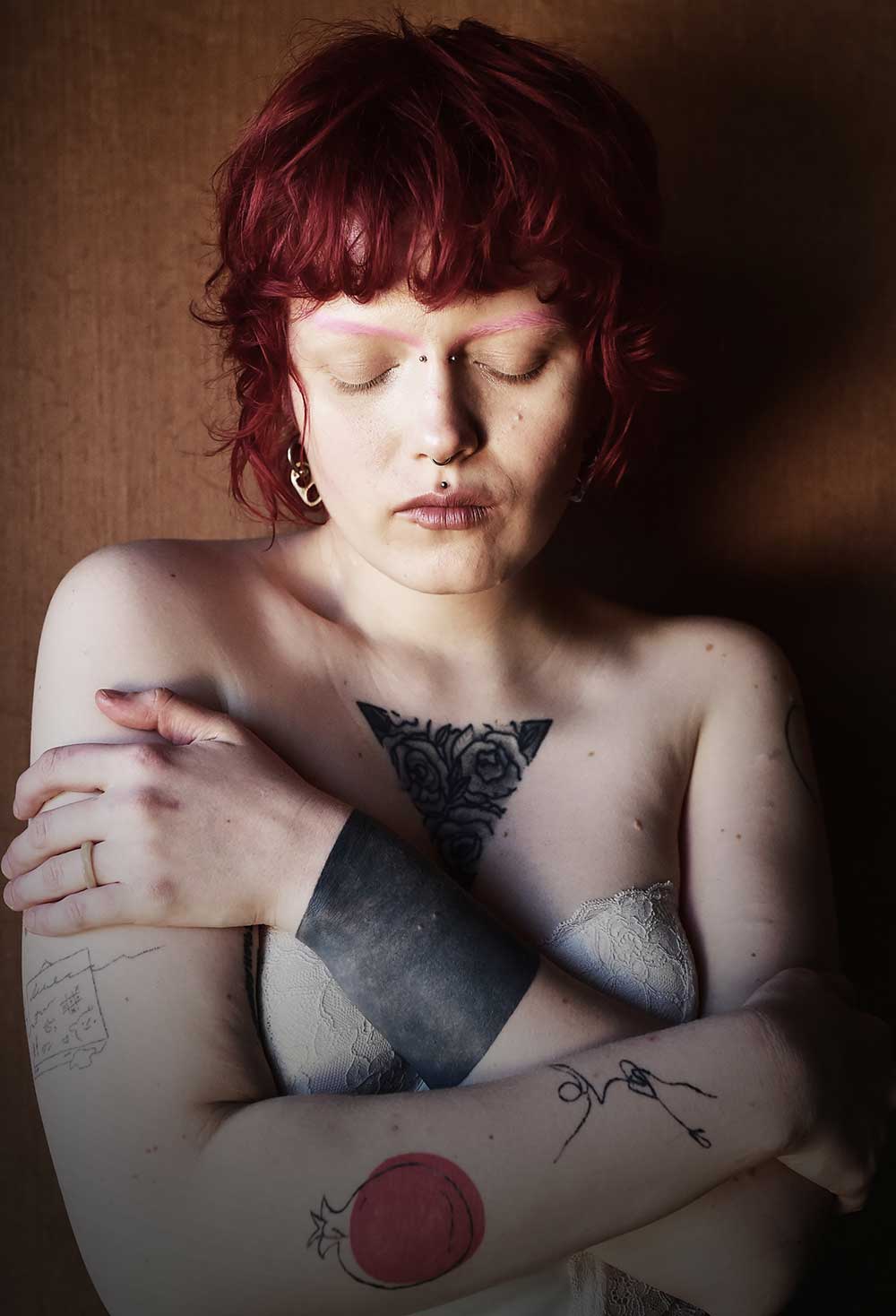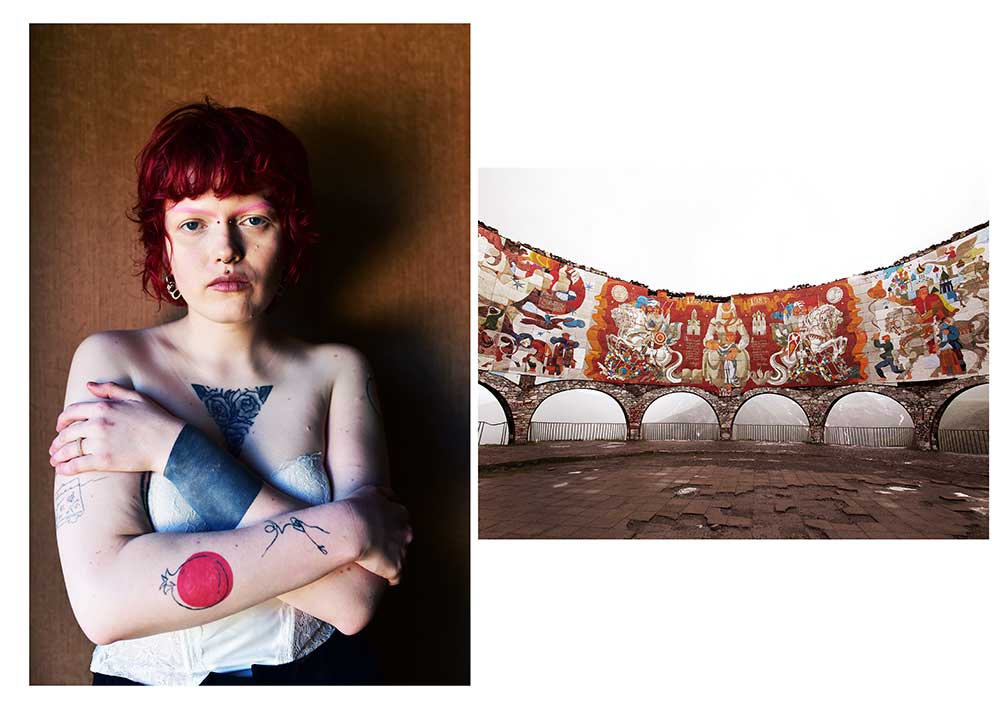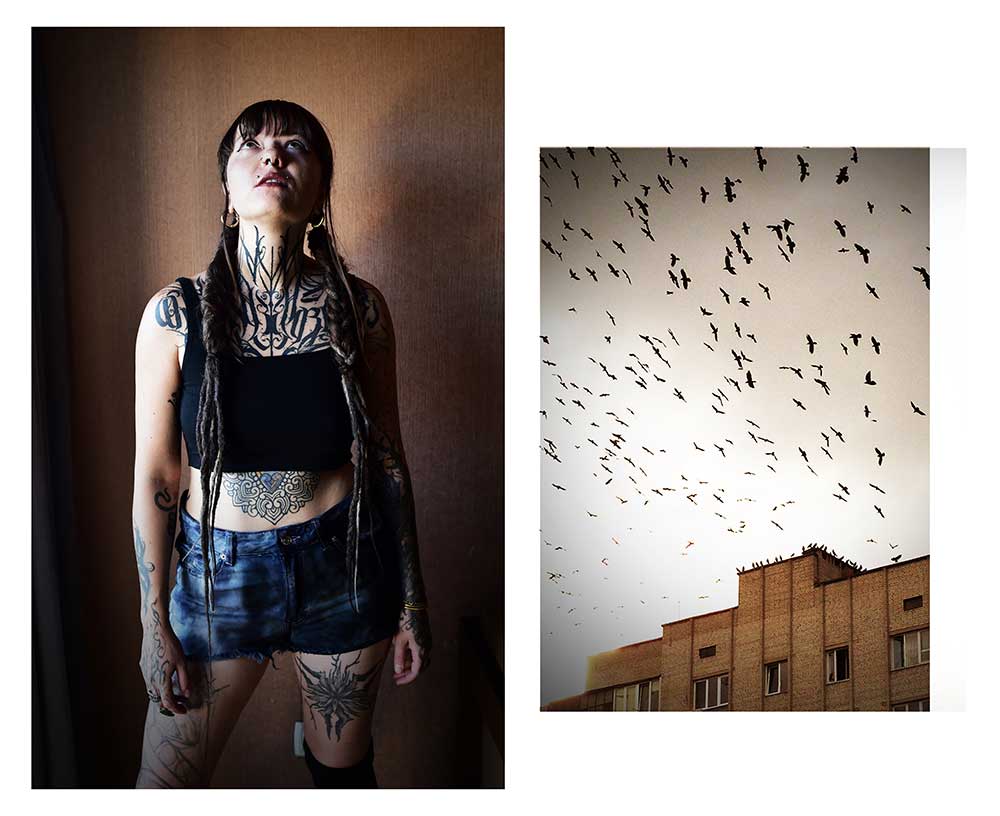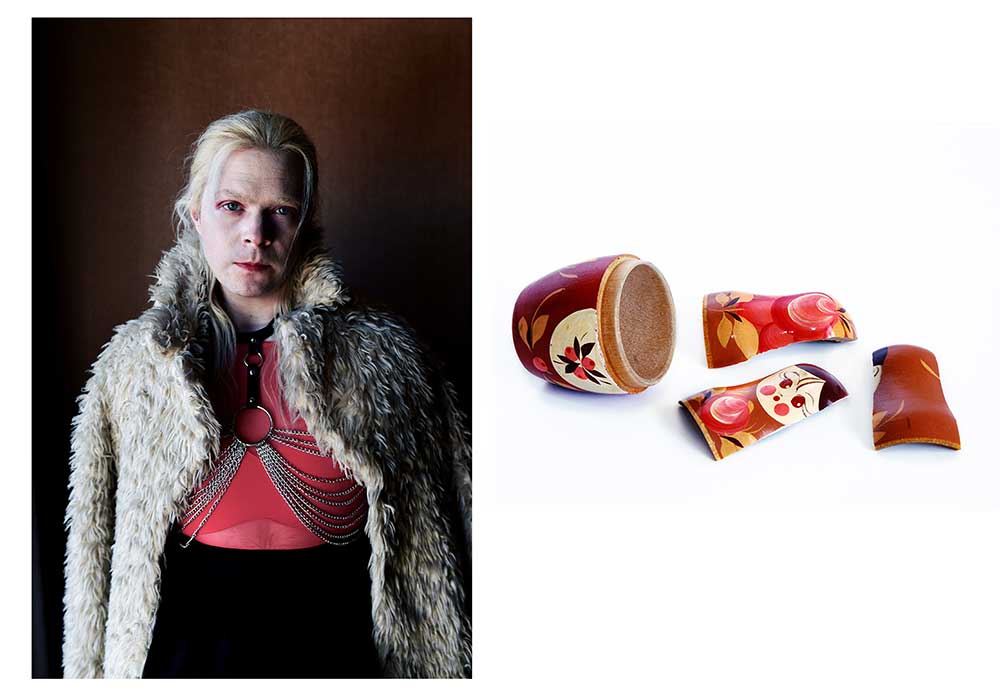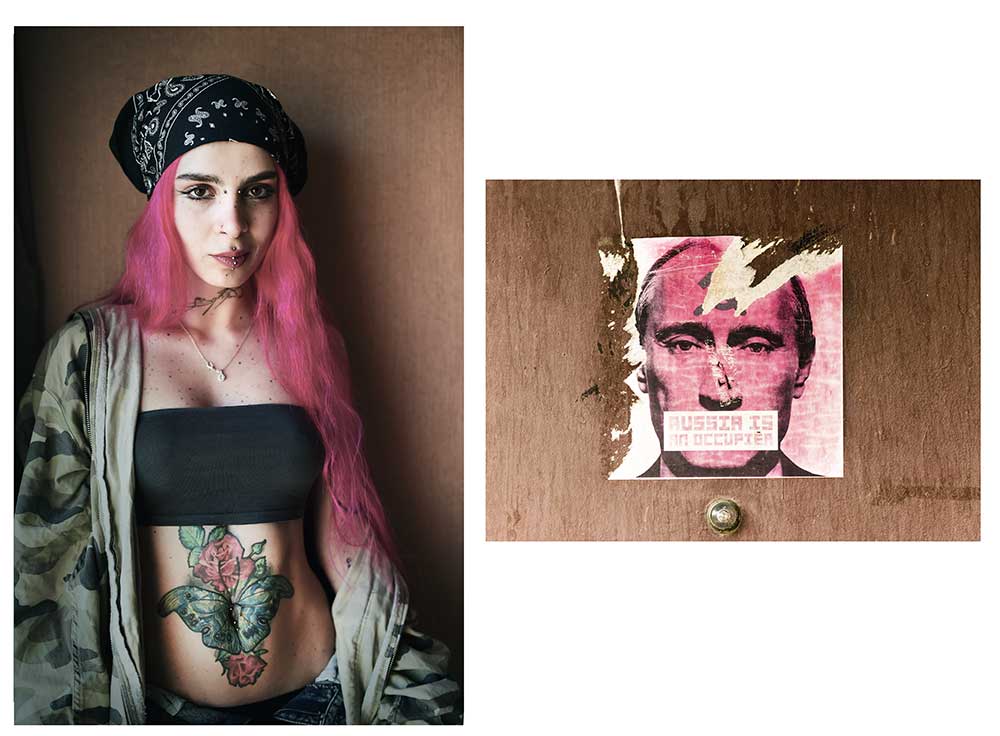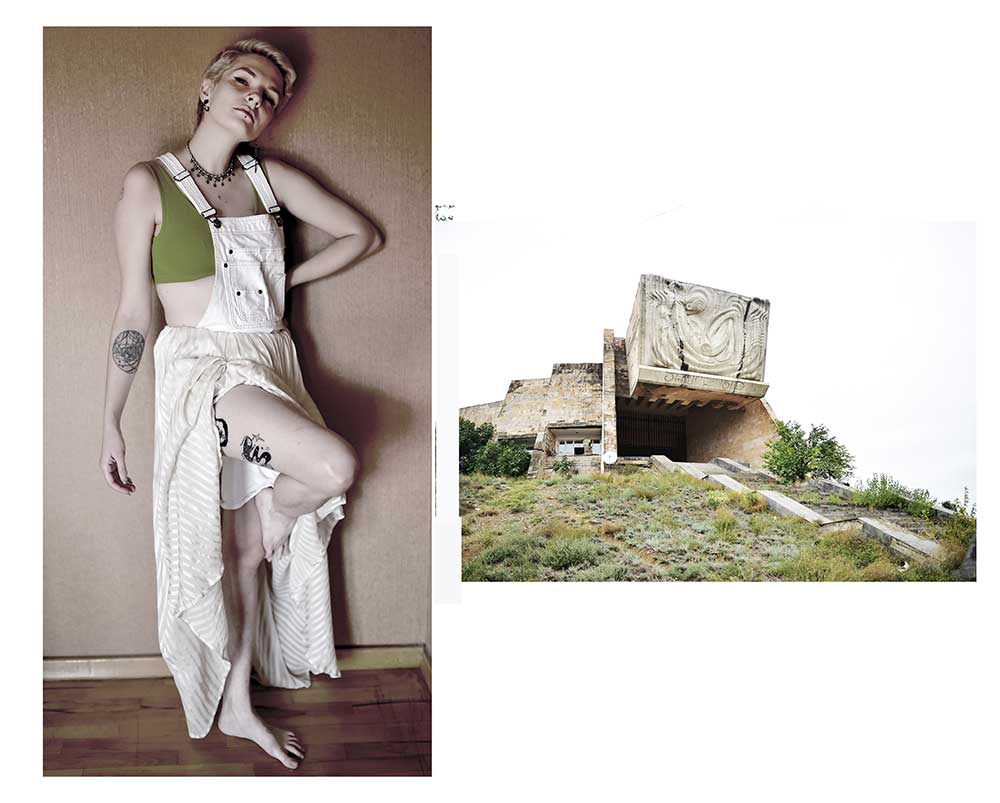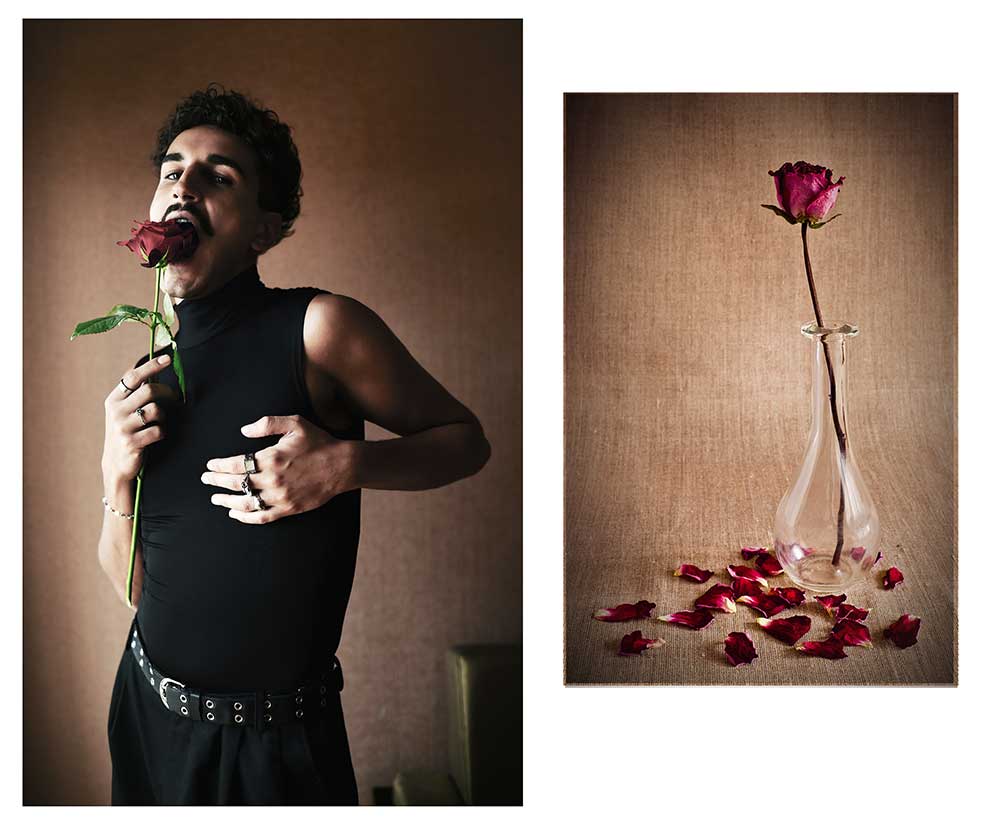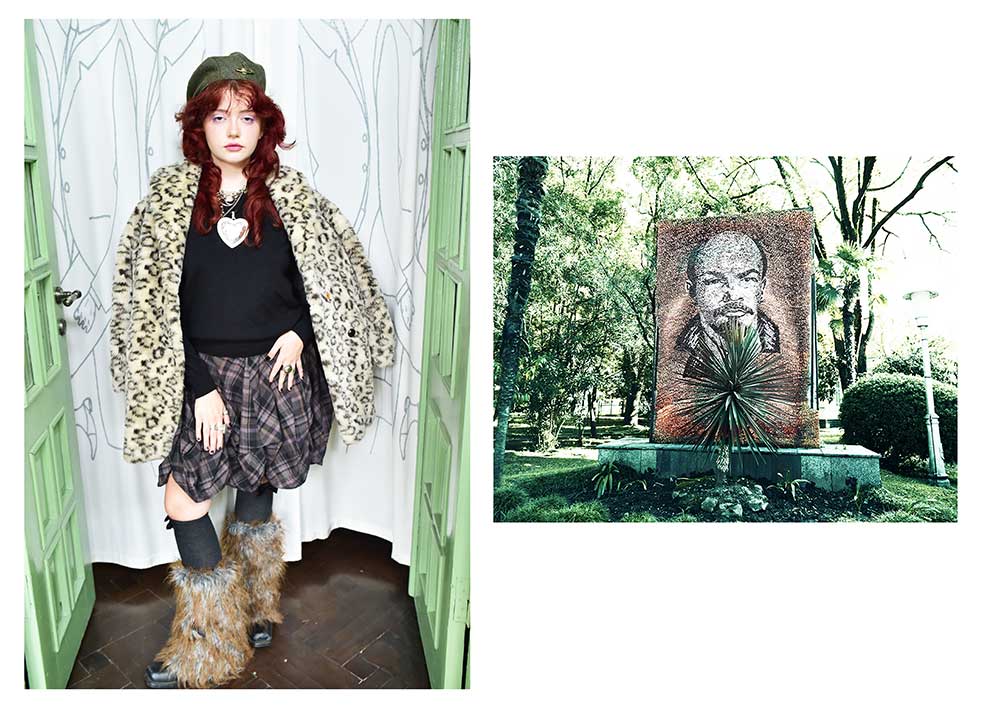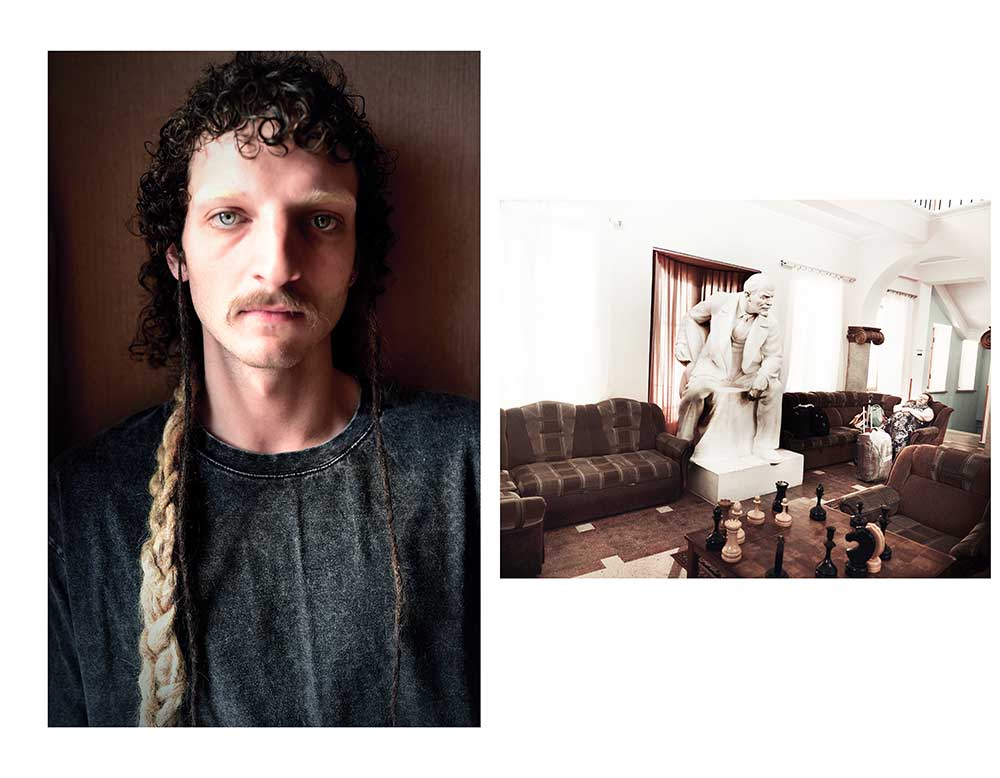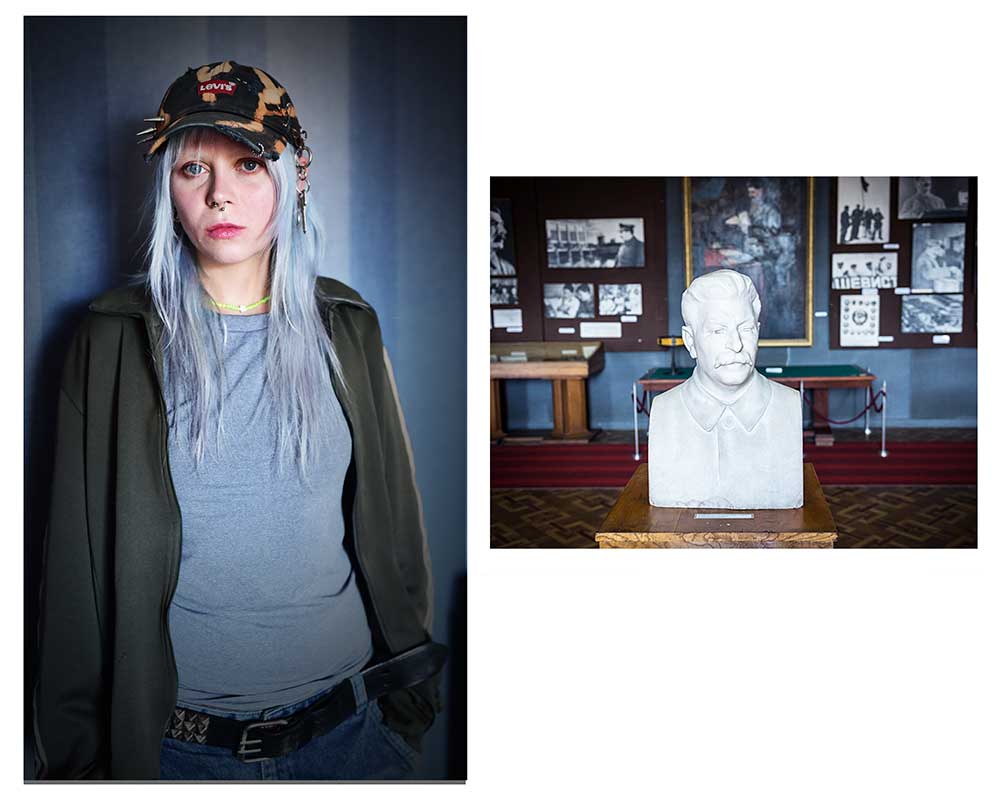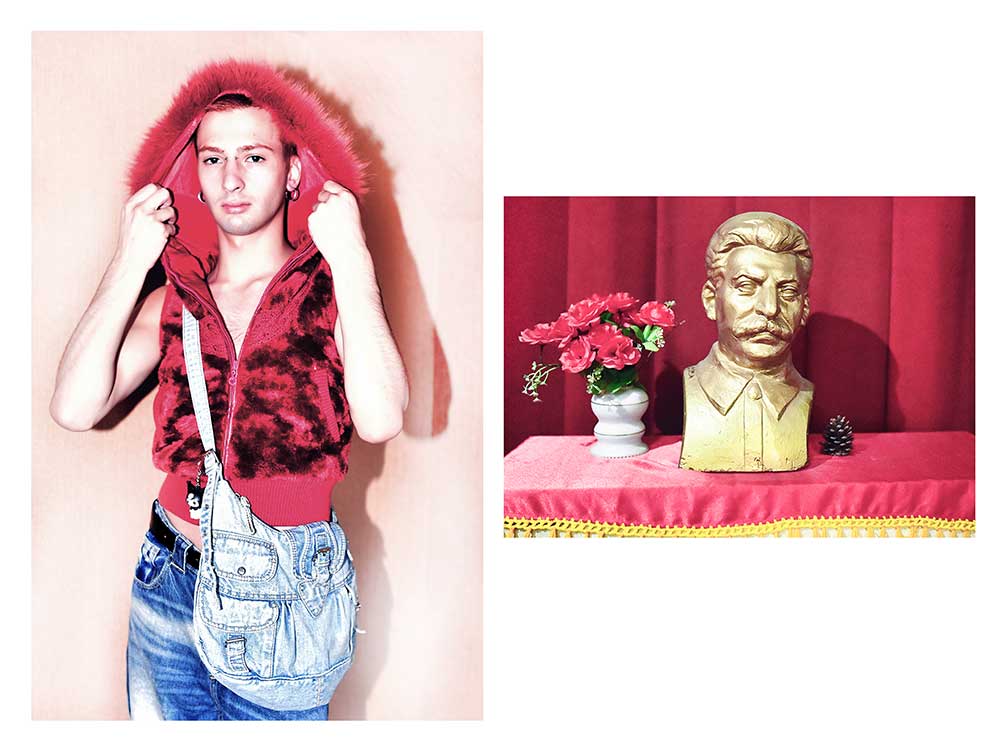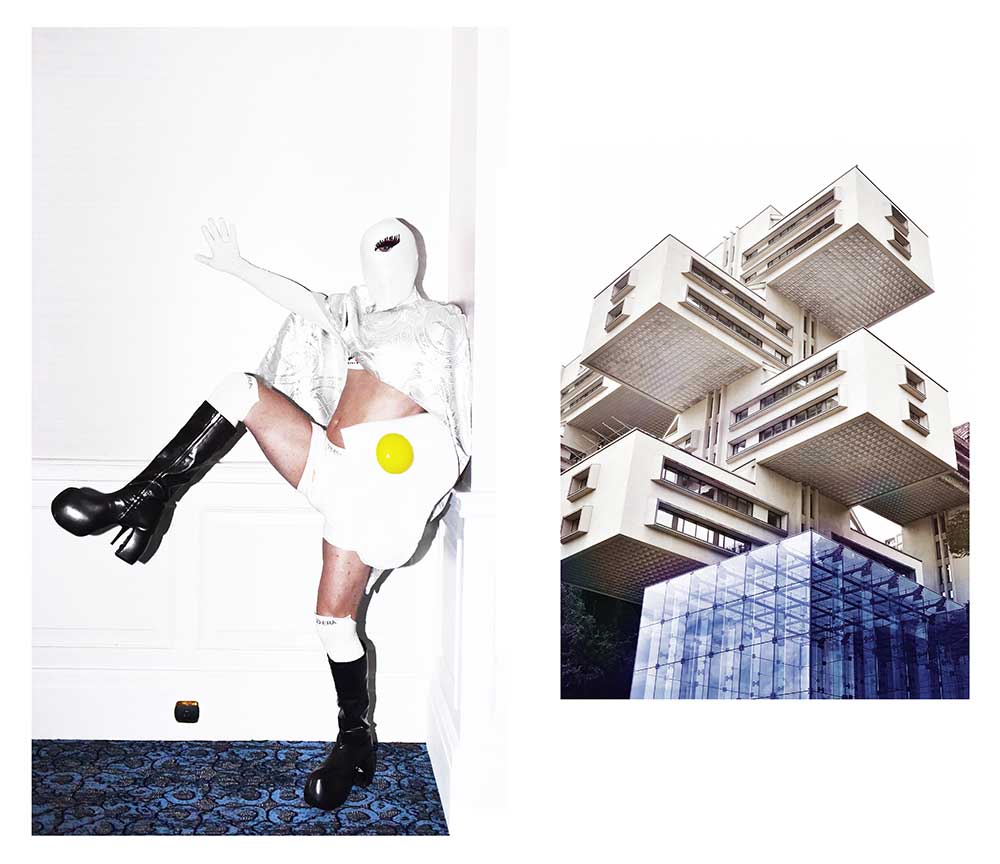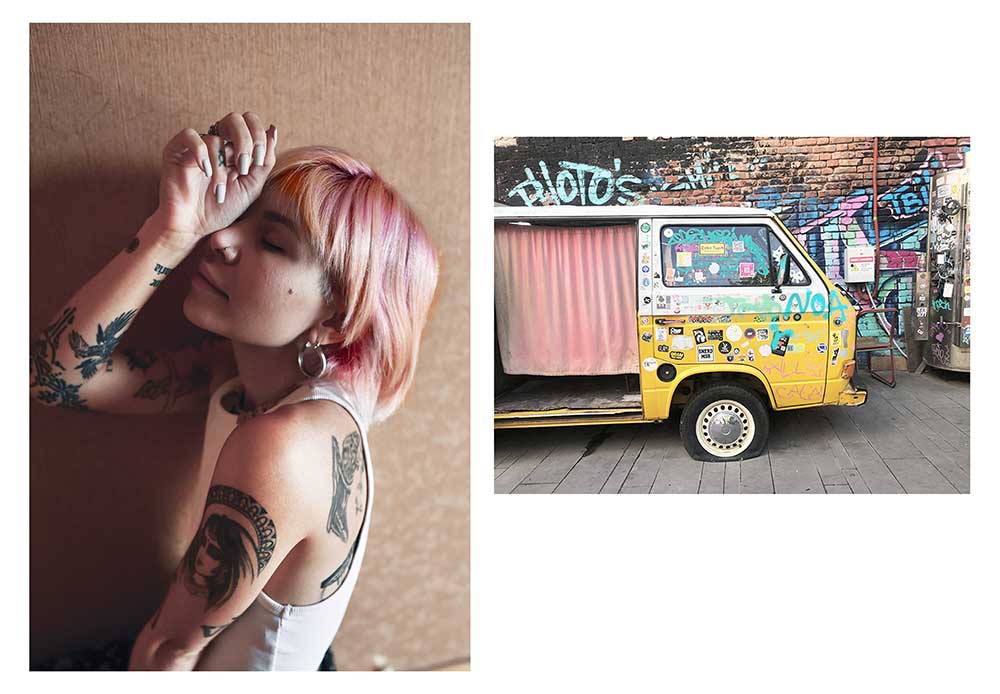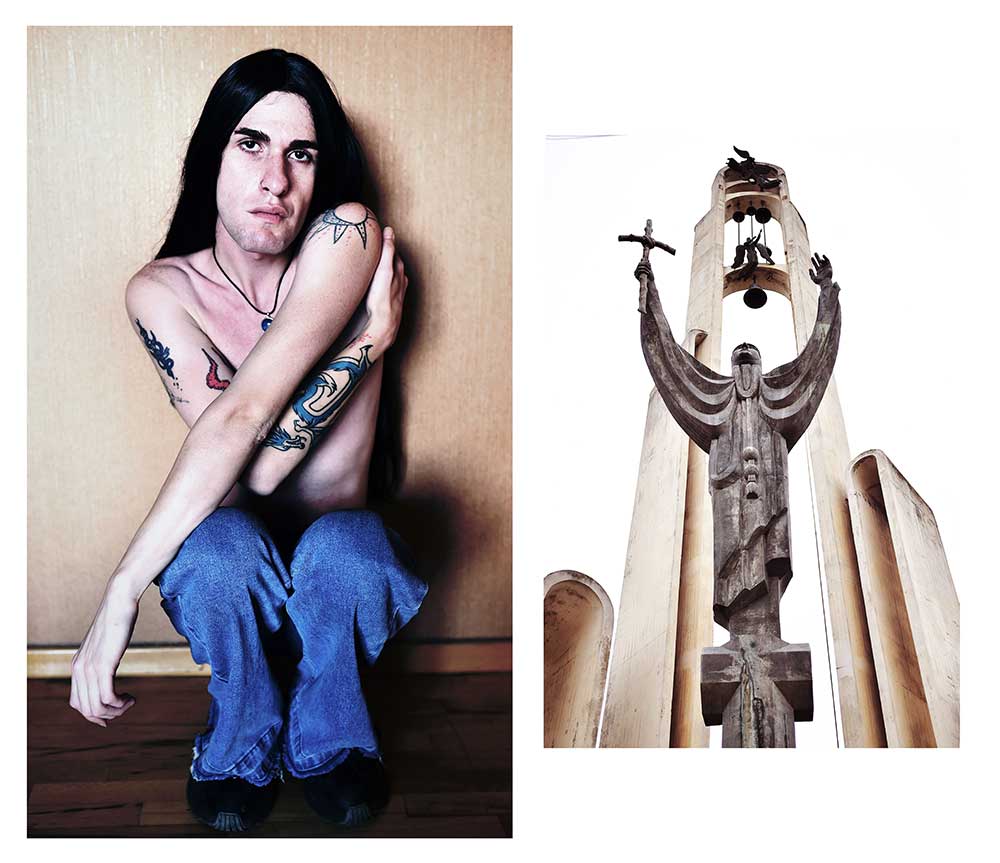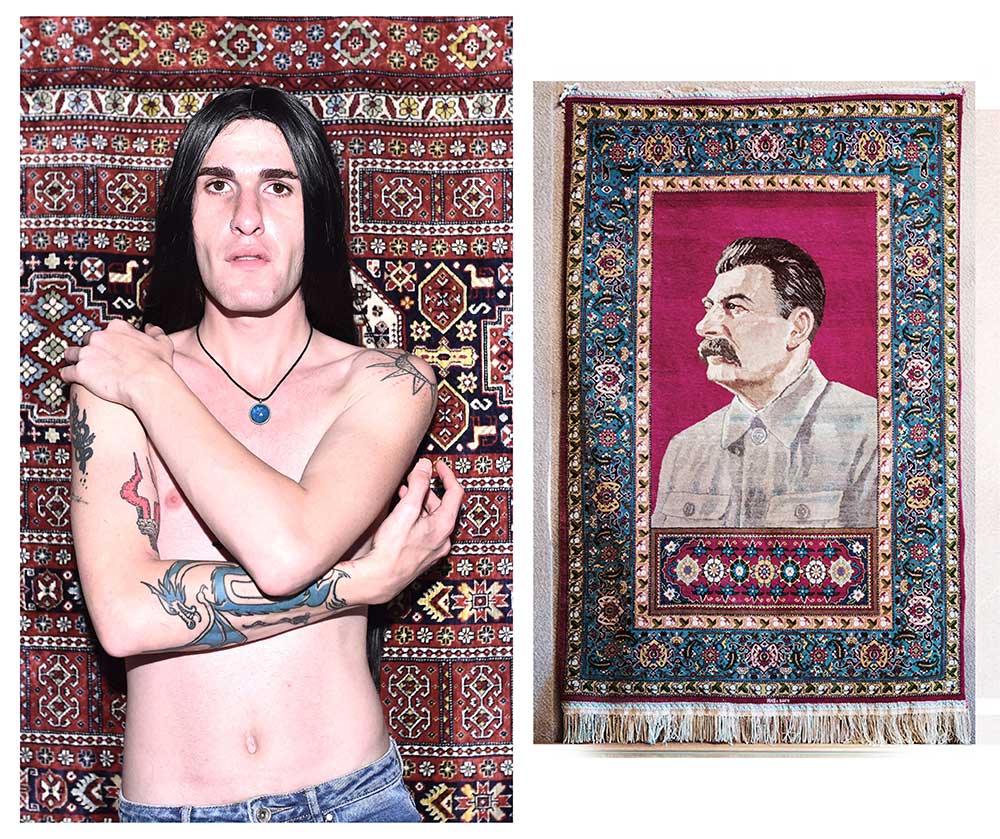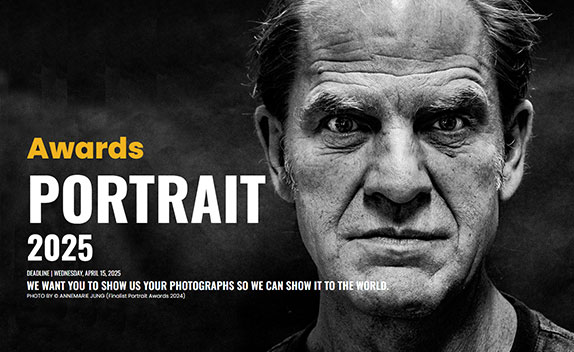A wind of rebellion is blowing through the streets of Tblisi, the youth are trembling but ready to fight, because “What is happening in Georgia is quite simply the takeover of the country by Vladimir Putin” exclaims Luka, a young 24-year-old stylist. A situation very reminiscent of that of Ukraine before the war.
A pivotal country in the heart of the Caucasus, a strategic pawn for the Kremlin, victory rigged according to observers, denounced by Europe but acclaimed by Viktor Orban and Wladimir Putin. Laws promulgated over the last 6 months with repressive accents, modeled on the laws in force in Russia, such as the law on foreign and the other one against LGBT «propaganda». A clear rapprochement with Moscow therefore, which at the same time distances the small country from possible accession to the European Union and NATO.
The opposition and in particular the youth are calling for demonstrations but many, particularly among minorities, have already chosen to leave. This report paints the portrait of a profoundly European youth, a youth acquired democratic values, freedom and tolerance Some are part of the queer movement, the preferred target of pro-Putin movements, others are artists, painters, singers, actors, others are part of the Russian minority who fled the Putin dictatorship or that of Lukashenko in Belarus, others still are fleeing the war in Ukraine. They are part of this youth who rose up against the government in the spring of 2024 but today the risk is much greater, some are packing their bags, others have already found refuge in Europe but most simply cannot cannot resolve to flee and for the latter revolt is the only way out.
This report, in the form of dytics, combines portraits of these young people whose visual identity is both strong and very Western. In front of each portrait I decided to feature, in opposition, elements of the former USSR (Soviet buildings, flags, images of Stalin) which are still very present in Georgia, a symbol of Russian influence and a patriarchy from another age. This project therefore makes it possible to measure the contradictions of a country heir to the Soviet Union but also profoundly European. It also aims to give a voice to these young people who aspire to democracy and freedom but also quite simply to continue to exist. At a time when Moscow is trying to extend its hegemony willingly or by force to all the countries of the former Soviet Union, following the example of the recent elections in Moldova. These testimonies show us that the democratic and European ideal is always present in its margins that the Russian empire would like to shape in its image.
About Aude Osnowycz
With a master’s degree in geopolitics, Aude Osnowycz worked in various professions before turning to photography. In 2011, she decided to become a photojournalist and settled in Tunisia. She will cover news in Tunisia, Egypt, Algeria, Iraq, Syria and Libya. At the same time, she will work on the social impacts of the Arab Spring as well as issues related to minorities, women and gender in the Muslim world. She has been published in numerous magazines such as Le Monde, Marie-Claire, GEO, OBS, The New York Times, Médiapart, The Guardian, Vanity fair, newsweek, etc…
She has also exhibited her work at the phémina festival, RDVI, Barrobjectif, the Le Mans photographic festival and the women’s exhibition festival. She was also a finalist for the Mentor Prize and the Roger Pic Prize. Returning to France, where she is currently based, she decided to embark on a long-term work on the post-Soviet universe from which she comes, a more intimate, more artistic approach questioning both the Slavic soul and her family past. She notably produced a long-term project on the militarization of children in the post-Soviet space. At the same time, she worked for two years on the separation wall between Israel and Palestine, long-term work which sheds light on a conflict which is now in the news.
Today, continuing her work on the post-Soviet space, she has decided to explore the Caucasus, particularly Georgia, a small country stuck between Putin’s Russia and the West, by immersing herself in world of alternative and protest youth as well as the queer movement harassed by the pro-Russian government. [Official Website]


